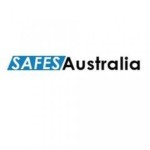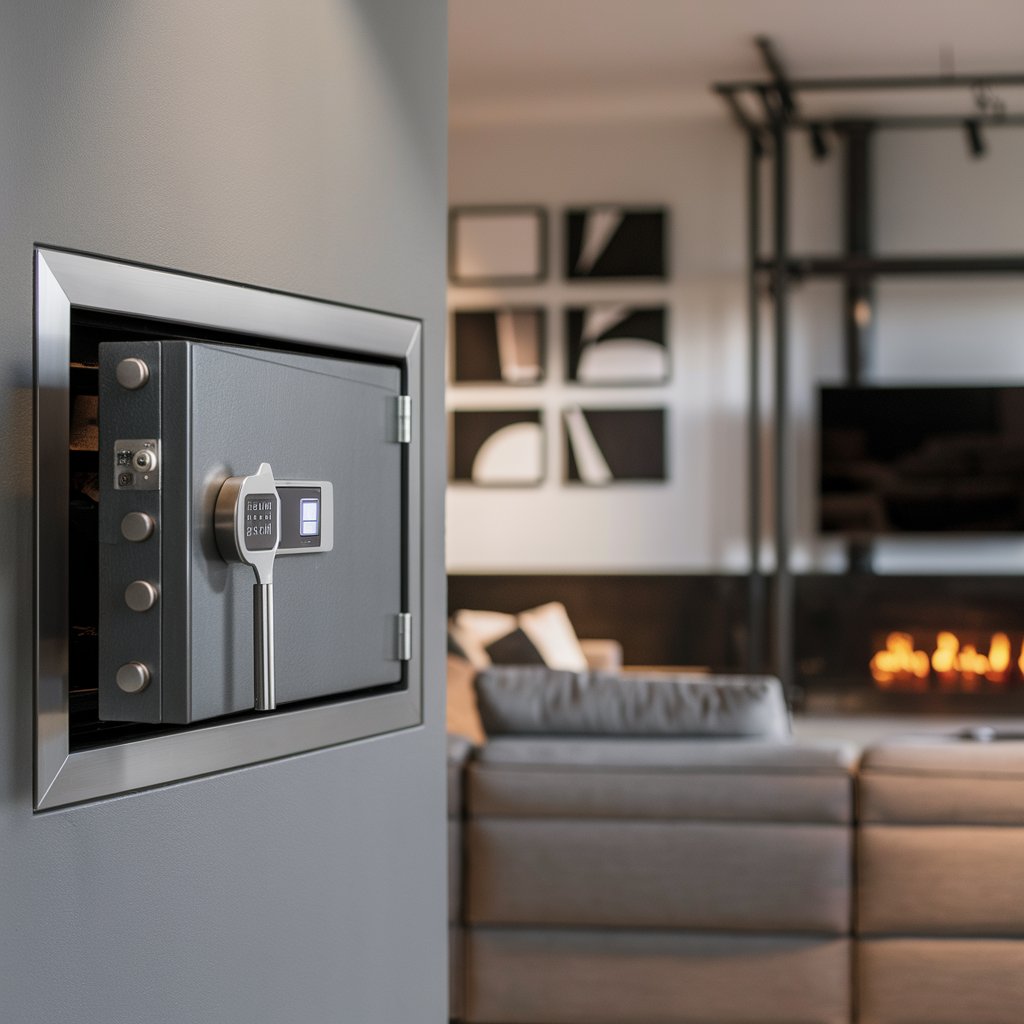You've probably used a hotel safe during your travels. You punch in a four-digit code, hear a satisfying beep, and feel secure knowing your valuables are protected. So when you're shopping for a home safe, that familiar hotel-style electronic safe seems like an obvious choice. After all, if hotels trust them, they must be good, right?
Wrong. Hotel-style safes create a dangerous illusion of security that can cost you dearly.
The Hidden Weaknesses of Hotel-Style Safes
Hotel safes prioritize convenience over security, and this trade-off makes sense in their environment. Hotels need guests to operate safes without assistance, and they need staff to access safes quickly when guests forget their codes. Unfortunately, these same features make hotel-style safes terrible for home use.
First, manufacturers design these safes with override codes that allow easy access. You can find master override codes for popular hotel safe brands with a simple internet search. Burglars know this trick well. They can open your "secure" safe in seconds without forcing entry or leaving any trace.
Second, the construction quality falls far below professional-grade safes. Most hotel-style safes use thin sheet metal that you can pry open with a screwdriver or even bend with your hands. I've seen videos where people pop these safes open using nothing but a plastic bottle and a piece of wire.
Third, the electronic locks drain batteries quickly. When your battery dies, many models default to an unlocked state or allow access through a simple mechanical override key. Burglars carry these universal override keys because they work on thousands of identical units.
Why Hotels Accept These Risks (And Why You Shouldn't)
Hotels use these safes because they shift liability to guests. When you use a hotel safe, you typically agree to terms limiting the hotel's responsibility for stolen items. The safe serves as a deterrent against opportunistic theft by housekeeping staff or other guests—not against determined criminals.
Your home faces different threats. Professional burglars target homes specifically because they have more time to work. They don't worry about security cameras in hallways or staff members walking past. They can spend 15 minutes defeating a weak safe, and they will.
What You Should Buy Instead
For home use, invest in a residential security safe that meets these criteria:
Look for UL-rated safes. The Underwriters Laboratories tests safes rigorously. A UL RSC (Residential Security Container) rating means the safe withstood five minutes of attack using common tools. This standard exceeds anything hotel-style safes offer.
Choose mechanical or high-grade electronic locks. Skip the simple button-pad locks. Instead, select safes with mechanical combination locks or electronic locks from reputable manufacturers like Sargent & Greenleaf or LaGard. These locks resist manipulation and don't fail when batteries die.
Prioritize solid steel construction. Your safe should use steel at least 10-gauge thick (2.6mm). The door should be thicker—preferably 7-gauge (4.5mm) or better. Quality safes also feature steel reinforcement around the lock and hinges.
Get proper anchoring capability. Criminals often steal entire lightweight safes and crack them open elsewhere. Your safe needs pre-drilled mounting holes that let you bolt it to your floor or wall studs using lag bolts.
Budget-Friendly Recommendations
You don't need to spend thousands of dollars. Several manufacturers produce excellent residential safes in the $300-$600 range. Look for brands like Stack-On, SentrySafe (their residential models, not laptop safes), and V-Line. These companies build safes specifically for home security rather than hotel convenience.
For critical documents and small valuables, consider a compact fire-resistant safe with a mechanical lock. For firearms, buy a dedicated gun safe that meets California DOJ standards—these specifications ensure solid construction regardless of where you live.
The Bottom Line
Hotel-style safes belong in hotels, not your home. They offer convenience at the expense of security, and you can't afford that trade-off when protecting your family's valuables. Spend a bit more money upfront on a properly rated residential safe. Your jewelry, documents, and peace of mind deserve better than a repurposed hotel amenity.






Comments